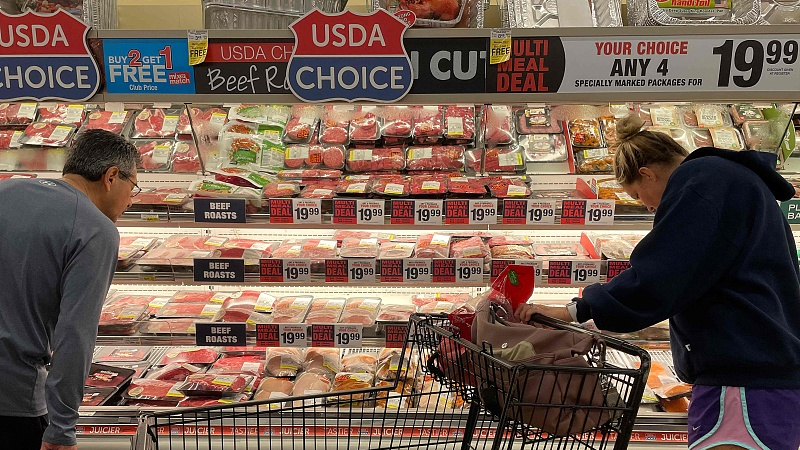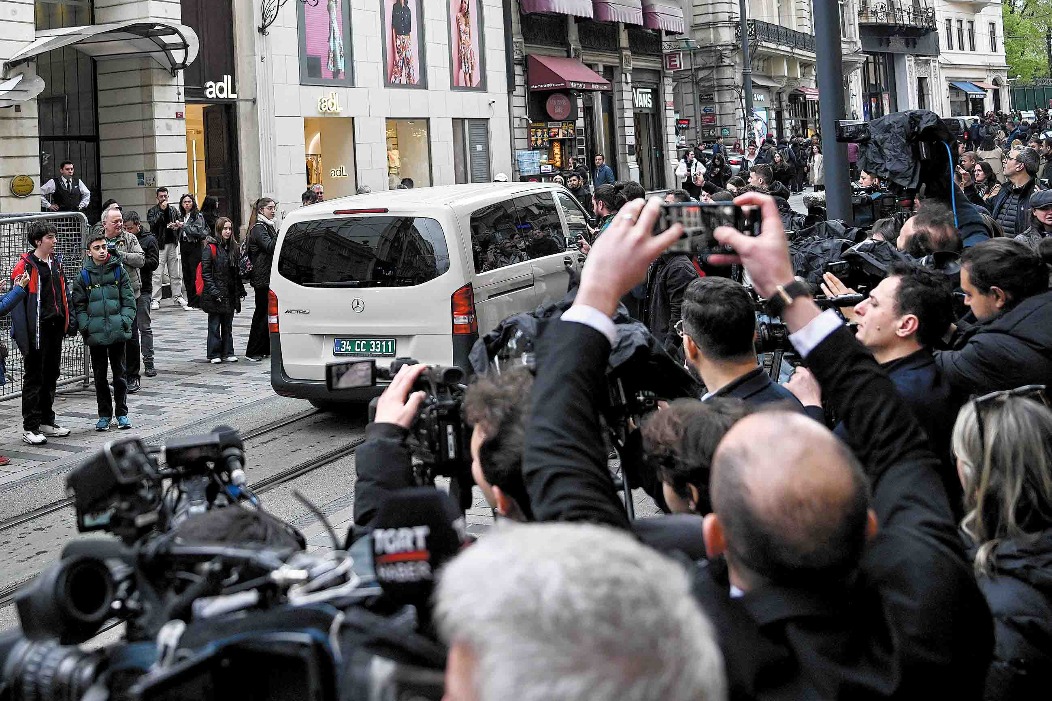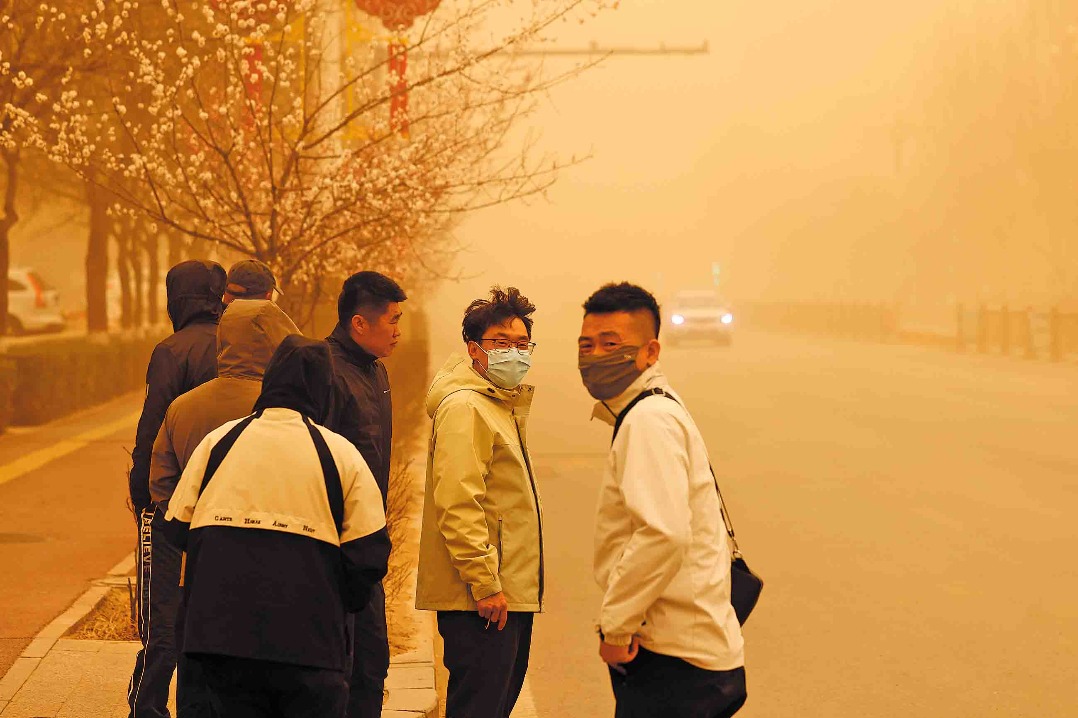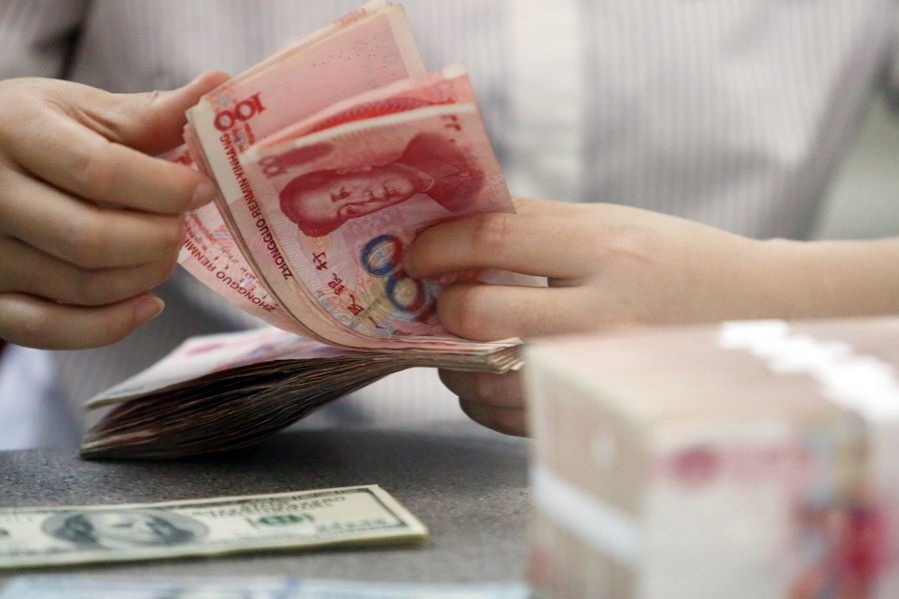Pros and cons of free market economy


The modernization of Western Europe has created unprecedented wealth. This wealth has several pillars. Often the focus is on finance, as average households and countries in Western Europe are well-off. A second pillar is education, which is the quintessential basis for innovation. Third, Western European society is more inclusive on a social level, with women and people of color nowadays having a more equal position. The fourth pillar is wealth distribution.
Poverty may no longer lead to death by starvation or freezing in such countries, but there is widespread dissatisfaction in Europe. In many countries, "protest parties", which contribute little to society, only complain about single issues such as "foreigners" or "animal welfare", and take up half of the parliamentary seats.
So where did Western modernization go wrong?
For some decades, the basis for European national governmental and European Union choices has been the "free market" economic theory, and creating a biotope for capitalist "survival of the fittest" has been the compass. As a result, economic theory prevails over common sense throughout society.
State-owned enterprises, electricity companies for example, were privatized. National railroads had to become competitive and run trains thousands of kilometers abroad, incidentally without success.
In the healthcare sector, specialists such as surgeons spend up to 40 percent of their available time on administration so health insurance companies can make even bigger profits. No wonder the average waiting period for standard surgery in Western European countries is up to half a year.
And universities must survive financially by charging foreign students excessive fees, without making proper housing arrangements for them.
Green energy is a great success, though. However, so much electricity is produced in Europe now by Chinese-made solar panels and offshore wind farms that national electricity grids are failing, because the transmission lines are too thin. That, ironically, prompts governments to tell the public that "the free market should solve the problem".
A similar miscommunication is happening with construction: there are not enough roads and houses. Although everybody, including governments, agrees the issue should be addressed with priority, the average time private parties take between obtaining government licenses and starting construction is eight years or more.
The stagnating modernization in Northern Europe has several interconnected reasons. First, is the nigh religious belief in the free market, which is considered a classic, powerful engine for creating economic wealth. Free market helps produce and sells almost everything, from mobile phones and cars to soup and sausages. However, the fact that this economic model is effective in certain areas does not mean it is the one-size-fits-all solution for everything, especially when it comes to healthcare, education, policing, energy, food and other such problems.
Here, there are two paths. One path is Darwinian: if you cannot pay, you and your offspring head toward the same dead end as the dinosaurs, but if you are well-off, you can take an overdose of everything including red meat and consequently simply pay the cardiologist for treatment. The other path is more of a socialist one.
Yet healthcare should not be an economic commodity, rather it ought to be accessible to people in need. And everybody should get quality education, with talented and hardworking students getting special attention.
As for food, it is an economic commodity. But it is also, and more importantly, a basic necessity. In such issues, free market is no panacea. Hence, governments should take the responsibility of providing food for all, and have ample reserves to deal with emergencies.
Amazon founder Jeff Bezos is a good example of an individual amassing immense wealth thanks to the free market. Bezos, who pays less than 1 percent tax according to Forbes despite being a billionaire, had a new yacht built for more than $500 million in the Netherlands this year. Given its gargantuan size, the 127-meter-long yacht could not pass under a historic bridge in Rotterdam. But instead of taking a roundabout way out of Rotterdam, the nouveau riche proposed the city destroy the dearly loved bridge and rebuild it at his cost after his yacht sails through. Needless to say, the people of Rotterdam were not amused, with many saying they would "welcome" the yacht with rotten eggs.
Like these exorbitantly wealthy individuals, some states, too, think economic power gives them the right to do as they please. "We are richer, therefore we know best," seems to be the free-market thinking, and some Southern European countries have suffered due to the economic pressure from Northern Europe. As relatively less-developed countries' debts need to be refinanced, the loans from more advanced economies or financial institutions come with new conditions such as a change in the national policy on retirement age. Such paternalistic behavior, as expected, has led to unrest.
For wealthy individuals and countries, the line between self-assurance and arrogance seems thin. True, free market economy has helped Western economies amass massive amounts of wealth, but it has also damaged work ethics, education and healthcare, which has led to unfair distribution of wealth, especially for immigrants from former colonies.
The past decades have seen European governments fail to think strategically about the basis of their good fortune. For them, free market is the answer to all questions, which is not entirely true.
The views don't necessarily represent those of China Daily.
The author, a foreign exchange scholar at Tsinghua University from 2012 to 2015, is a scholar at Leiden University and a civil-law notary in The Hague.
































